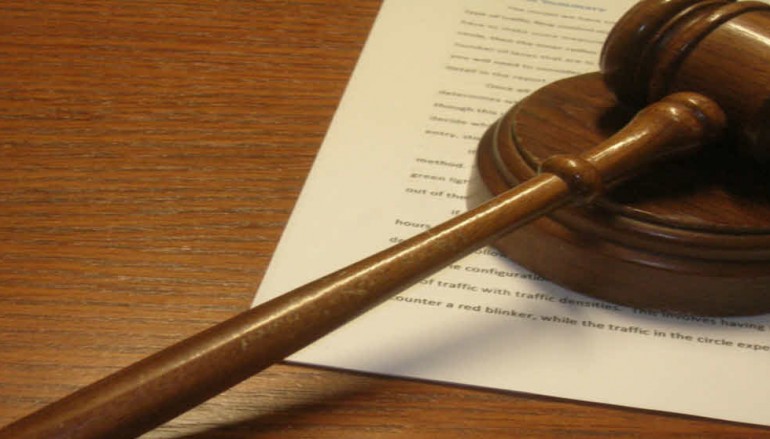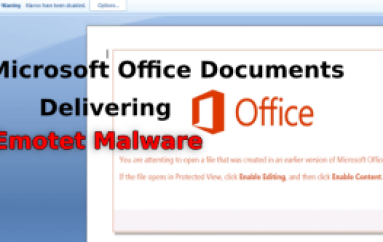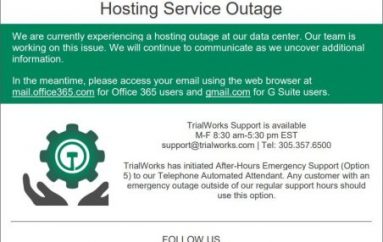
DOJ appeals New York court order in favor of Apple
The U.S. Department of Justice has appealed an order by a court in New York that turned down its request that Apple should be compelled to extract data from the iPhone 5s of an alleged drug dealer.
The case in New York is seen as having a bearing on another high-profile case in California where Apple is contesting an order that would require the company to assist the FBI, including by providing new software, in its attempts at cracking by brute force the passcode of an iPhone 5c running iOS 9. The phone was used by one of the two terrorists in the San Bernardino killings on Dec. 2 and the FBI wants Apple to disable the auto-erase feature on the phone, which would erase all data after 10 unsuccessful tries of the passcode, if the feature was activated by the terrorist.
The DOJ argues in the New York case as well that it is unable to access the data on the phone running iOS 7, because it is locked with a passcode. By trying repeated passcodes, the government risks permanently losing all access to the contents of the phone because when an iPhone is locked it is not apparent if the auto-erase feature is enabled, according to the filing Monday.
But Apple can help extract the data from the iPhone 5s, which it has done dozens of times in the past for similar iPhone versions at the request of the government, the DOJ argues. For versions of the operating system that predate iOS 8, Apple has the capability to bypass the passcode feature and access the contents of the phone that were unencrypted, it wrote in the filing.
Invoking user privacy and safety, Apple has said that its previous acquiescence to similar judicial orders does not mean it consents to the process. But the government, which has a warrant, claims that Apple made an U-turn in the particular instance, having first agreed to extract the data, when it responded that “Upon receipt of a valid search warrant pursuant to the instructions laid out in [the legal process guidelines], we can schedule the extraction date within a 1-2 week time frame.” At no time during the communications ahead of the government seeking an order did Apple object to the propriety of the proposed order directing its assistance, according to the DOJ filing Monday.
Magistrate Judge James Orenstein of the U.S. District Court for the Eastern District of New York ruled recently that Apple can’t be forced to extract the data from the iPhone. The government’s reading of the All Writs Act, a statute enacted in 1789 and commonly invoked by law enforcement agencies to get assistance from tech companies on similar matters, would change the purpose of the law “from a limited gap-filing statute that ensures the smooth functioning of the judiciary itself into a mechanism for spending the separation of powers by delegating to the judiciary a legislative power bounded only by Congress’s superior ability to prohibit or preempt.”
But the government argues that the residual authority of the court under the All Writs Act is particularly important where legislation lags behind technology or risks obsolescence.
The government argues that courts have relied on the All Writs Act to mandate third-party assistance with search warrants even in circumstances far more burdensome that what is requested in the New York case. An unreasonable burden on the third-party is a key criterion when a Judge considers an order under the Act. Apple has argued that a burden on the company would be the impact on its ability to protect customer information, which could threaten the trust customers have in the company and tarnish the Apple brand.
The DOJ is now asking the court to review the decision by the Magistrate Judge.
“Judge Orenstein ruled the FBI’s request would ‘thoroughly undermine fundamental principles of the Constitution’ and we agree,” Apple said in a statement on the new filing by the DOJ. The company said it shared the Judge’s concern “that misuse of the All Writs Act would start us down a slippery slope that threatens everyone’s safety and privacy.”
Source | CIO





